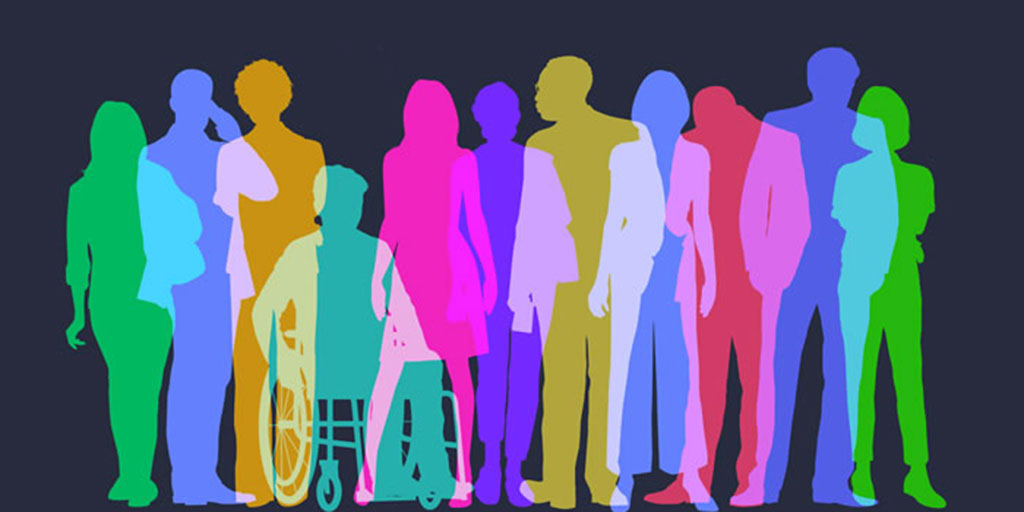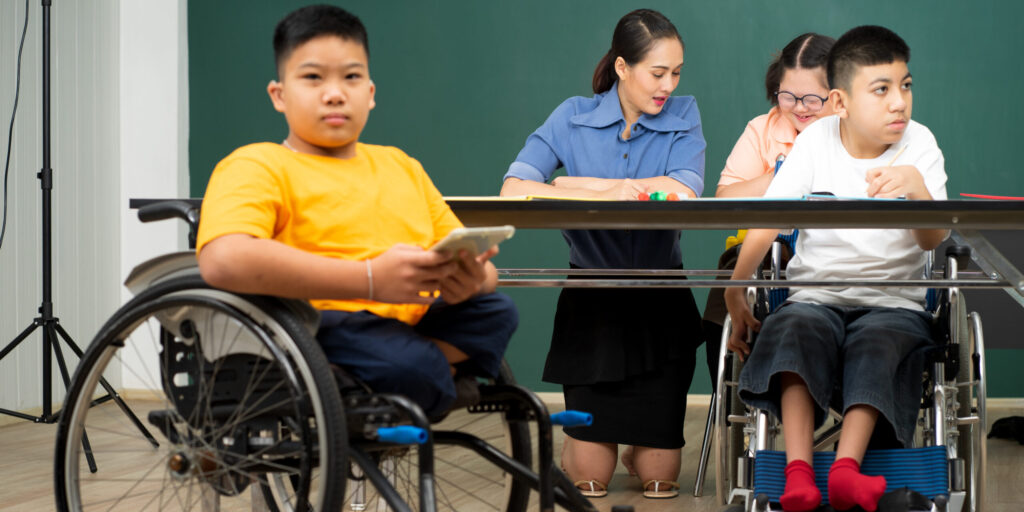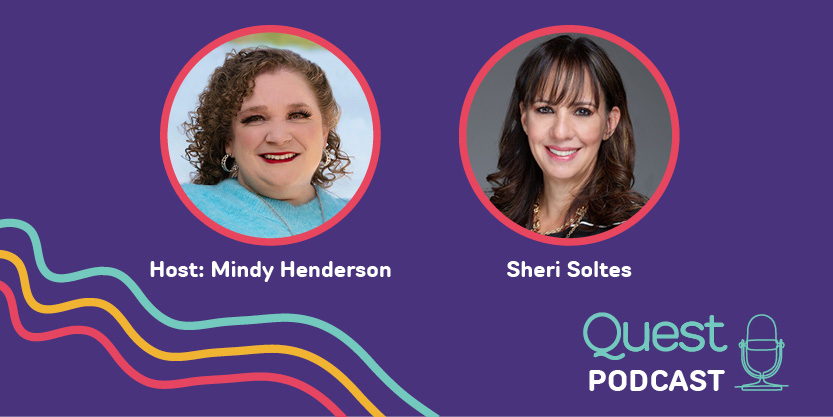
Advocating Against Ableism
By Elizabeth Millard | Friday, August 20, 2021
When 19-year-old Jessica Hetzel was younger, she often felt unsettled by how others approached disability. Living with spinal muscular atrophy (SMA), she was aware of how people with disabilities were often segregated at school — put into special education rooms unnecessarily, for example — or spoken to as if they were tragic children or “in on the joke” about their conditions.
Jessica, who is now a student at Central Michigan University, remembers strangers telling her they were praying for her or making comments they thought were funny, like joking that she shouldn’t go too fast in her wheelchair or she’d get a speeding ticket. Whenever she heard the term “special needs,” she felt annoyed.
“There was so much that rubbed me the wrong way, but I didn’t know there was a word for it,” she says. “It wasn’t until I took a disability studies class that I learned that’s ableism. It showed me there are different mindsets about disability, which felt radical to me. But that got me on the path of advocating for myself and the disabled community.”
Seeing ableism
According to activist Sylvia Colt-Locayo, ableism is defined as the unequitable treatment of people who are non-able-bodied in a way that prevents them from having equal opportunity to thrive in society.
That can encompass large systems, such as legislative policies. But it also impacts the way workplaces, public spaces, schools, and other places are set up, and it goes down to the individual level of how people treat those with disabilities.
On a basic level, ableism is discrimination in favor of the able-bodied. That can take the form of inaccessible building design or assumptions that disabled people need or want to be “fixed” or “cured.” For example, people might talk about able-bodied individuals as “normal,” which means those with disabilities are considered abnormal.
The Oscar-nominated Netflix documentary “Crip Camp” recently brought more attention to ableism and the disability rights movement, but for people living with disabilities, there’s still a long way to go.
Sylvia, a 20-year-old former MDA camper and ambassador living with Bethlem myopathy who is taking a gap year from Stanford University, sees filmmaking as a powerful advocacy tool because it helps educate people about other points of view. “Activism and advocacy starts at the individual level,” she says. “There is a constant cycle of learning more and trying to become a better person, a better friend, a better global citizen.”
Any type of activism must be seen through the lens of intersectionality, she adds. That means ableism has connections with racism and sexism, for example. Addressing ableism has helped Sylvia understand the way it’s been harmful throughout her life, similar to Hetzel’s experience with feeling bothered by “well-meaning” but ultimately misguided comments and policies.
“Ableism definitely had an effect on my emotional health,” Sylvia says. “But once I learned that it’s OK to speak out about it, that felt much better. To my younger self, or to anyone starting to become an advocate, I’d say, ‘Never let people make you feel bad about what you believe in.'”
Work in progress
Although talking with friends and family is important, addressing ableism with work colleagues can be particularly challenging, says 47-year-old Tomeca Goodwin, who lives with limb-girdle muscular dystrophy (LGMD). That’s especially true when your disability isn’t obvious.
“Most people don’t understand that simple, everyday things like brushing your teeth or even scratching your nose take thought and effort for those who have disabilities like mine,” she says. “People often think of disability based only on what they see, like if someone is in a wheelchair.”
That belief that “it doesn’t look like anything is wrong with you” can lead to ableist decisions and comments — for example, scheduling a meeting in a room that’s difficult to access or being dismissive of someone seeking accommodations to alleviate stress and anxiety.
Tomeca, who’s working on a blog that she’s naming Invisibly Visible, tries to advocate for herself and others with disabilities in a way that gets people to slow down and think about what they’re saying and doing.
“You try to get people to see through your lens, through the perspective of the person going through it,” she says. “When they can see you the way that you see yourself, it can be very meaningful in terms of driving change.”
Learning to advocate
For Jessica, taking a class in disability studies allowed her to blossom into an advocate who feels empowered to address the kind of everyday micro-aggressions she hears, even from friends and family.
“The vast majority of my experience with ableism is that it doesn’t come from a place of malicious intent,” she says. “People often don’t realize what they’re saying is harmful. They’re usually happy I call them out on it, so they don’t do it again.”
She began following numerous disability advocates on social media, which has bolstered her confidence even more to keep speaking up. Growing up, she didn’t know what ableism was, but she felt it. Now, just like Tomeca, Sylvia, and many others, Jessica feels invigorated to be making a difference.
“You don’t know what kind of ripple effect your advocacy will have,” she says. “It’s hard to start combatting ableism, but it is so worth the effort, because you’re taking a stand against what’s toxic. That’s important.”
Elizabeth Millard is a freelance writer in northern Minnesota.
MDA Supports Advocacy
MDA is committed to advocacy that improves access to care and services for people with neuromuscular diseases and maximizes opportunities for independence.
For example, MDA currently is engaged in a campaign to improve air travel for individuals with disabilities. An MDA survey found that 70% of travelers with neuromuscular disease have experienced problems with accessibility when traveling by air. MDA is supporting legislation to improve air travel, as well as legislation related to employment and workplace accessibility.
“Advocacy is important because the work’s never done,” says Mark Fisher, MDA’s director of Advocacy Engagement. “People might think the Americans with Disabilities Act was passed, so that’s enough. But it’s not. We know that people still face discrimination and barriers still exist. One component to fix that is more advocacy; it can make a difference. We’ve come a long way, but there’s still a way to go.”
Learn more about MDA’s advocacy efforts and how you can get involved and build advocacy skills.
Disclaimer: No content on this site should ever be used as a substitute for direct medical advice from your doctor or other qualified clinician.




